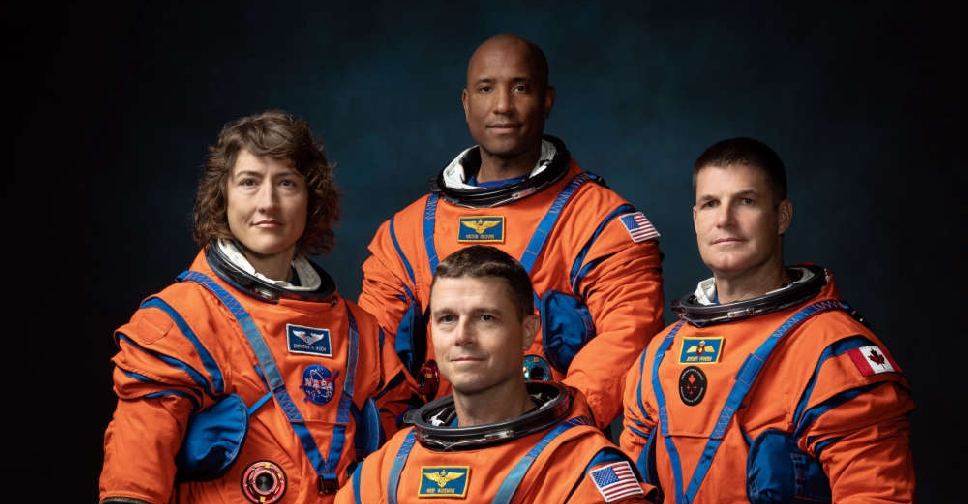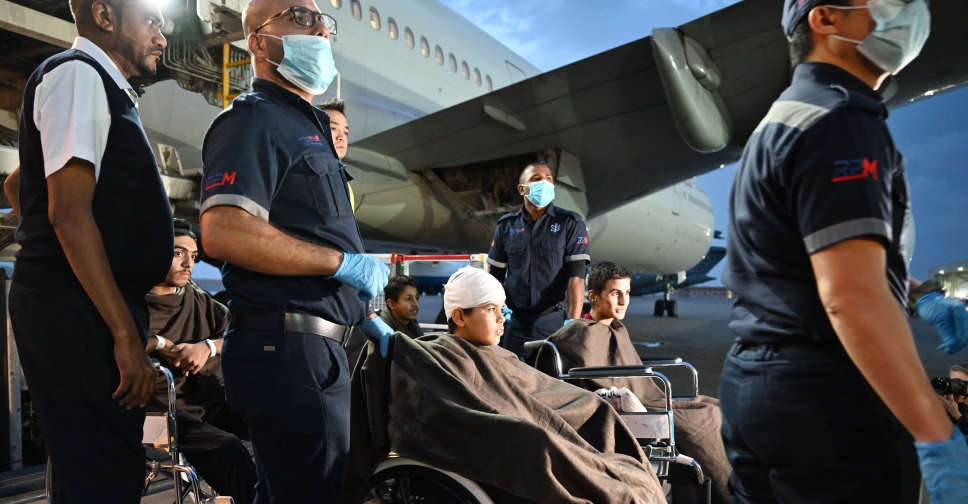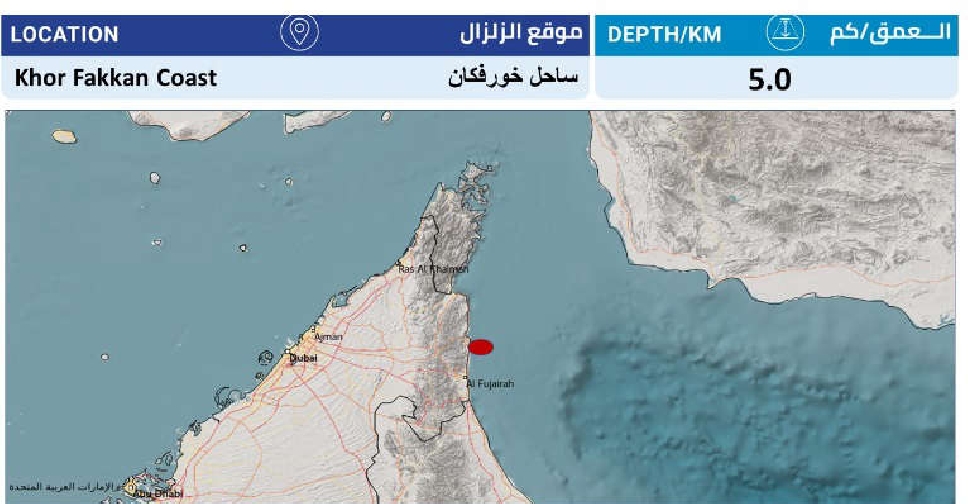
NASA on Monday named the first woman and the first African American ever assigned as astronauts to a lunar mission, introducing them as part of the four-member team chosen to fly on what would be the first crewed voyage around the moon in more than 50 years.
Christina Koch, 44, an engineer who already holds the record for longest continuous spaceflight by a woman and was part of NASA's first three all-female spacewalks, was named as a mission specialist for the Artemis II lunar flyby expected as early as next year.
She will be joined by Victor Glover, 46, a US Navy aviator and veteran of four spacewalks who NASA has designated as pilot of Artemis II. He will be the first Black astronaut ever to be sent on a lunar mission.
Rounding out the crew are Jeremy Hansen, a Royal Canadian Air Force colonel and first Canadian ever chosen for a flight to the moon, as a mission specialist, and Reid Wiseman, another former U.S. Navy fighter pilot, named as mission commander. Both are 47.
All three NASA astronauts chosen for the Artemis II mission are veterans of previous expeditions aboard the International Space Station. Hansen, an astronaut from the Canadian Space Agency, is a spaceflight rookie.
The Artemis II quartet were introduced at a pep rally-like event attended by journalists, local elementary school students and space industry leaders, televised from Houston at the Johnson Space Center, NASA's mission control base.
"The Artemis II crew represents thousands of people working tirelessly to bring us to the stars. This is humanity's crew," NASA Administrator Bill Nelson said on stage. "We are going."
US President Joe Biden privately called the four on Sunday to congratulate them, the White House said.
Artemis II will mark the debut crewed flight - but not the first lunar landing - of an Apollo successor program aimed at returning astronauts to the moon's surface later this decade and ultimately establishing a sustainable outpost there as a stepping stone to future human exploration of Mars.
The kickoff Artemis I mission was successfully completed in December 2022, capping the inaugural launch of NASA's powerful next-generation mega-rocket and its newly built Orion spacecraft on an uncrewed test flight that lasted 25 days.
The objective of the 10-day Artemis II journey around the moon and back, is to demonstrate that all of Orion's life-support apparatus and other systems will operate as designed with astronauts aboard in deep space.
Artemis II will venture some 6,400 miles (10,300 km) beyond the far side of the moon before returning, marking the closest pass humans have made to Earth's natural satellite since Apollo 17, which carried Gene Cernan and Harrison Schmitt to the lunar surface in December 1972.
They were the last of 12 NASA astronauts - who walked on the moon during six Apollo missions starting in 1969 with Neil Armstrong and Edwin "Buzz" Aldrin.
Salem Al Marri, Director General of Mohammed Bin Rashid Space said it was a pleasure to collaborate with the Astronauts of Artemis II.
Congratulations to @NASA and the @csa_asc & all the best to the #ArtemisII crew who have just been selected to fly the first manned mission to the moon in over 50 years.
— Salem AlMarri سالم حميد المري (@Salem_HAlMarri) April 3, 2023
We had the pleasure to collaborate with the astronauts of Artemis II on the UAE Astronaut Programme and their… pic.twitter.com/dQSNjHAex2

 Lebanon moves towards accepting ICC jurisdiction for war crimes on its soil
Lebanon moves towards accepting ICC jurisdiction for war crimes on its soil
 Zelenskiy issues new appeal for air defences, fast weapon supplies
Zelenskiy issues new appeal for air defences, fast weapon supplies
 Russia will seek to overcome EU sanctions on LNG operations
Russia will seek to overcome EU sanctions on LNG operations
 Abbas, international leaders to hold Gaza talks in Riyadh this week
Abbas, international leaders to hold Gaza talks in Riyadh this week
 Kyiv evacuates two hospitals over fears of airstrike
Kyiv evacuates two hospitals over fears of airstrike




